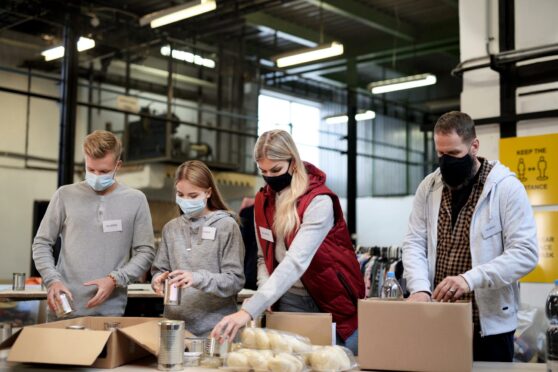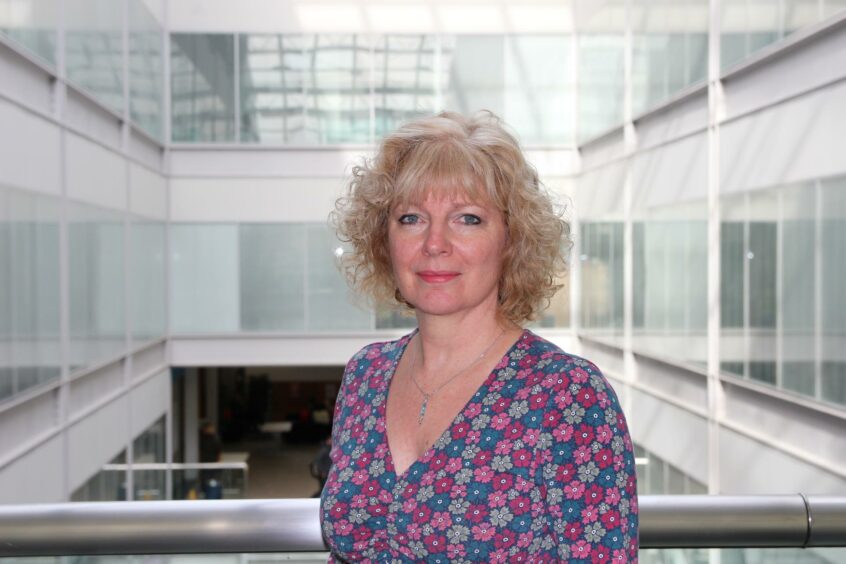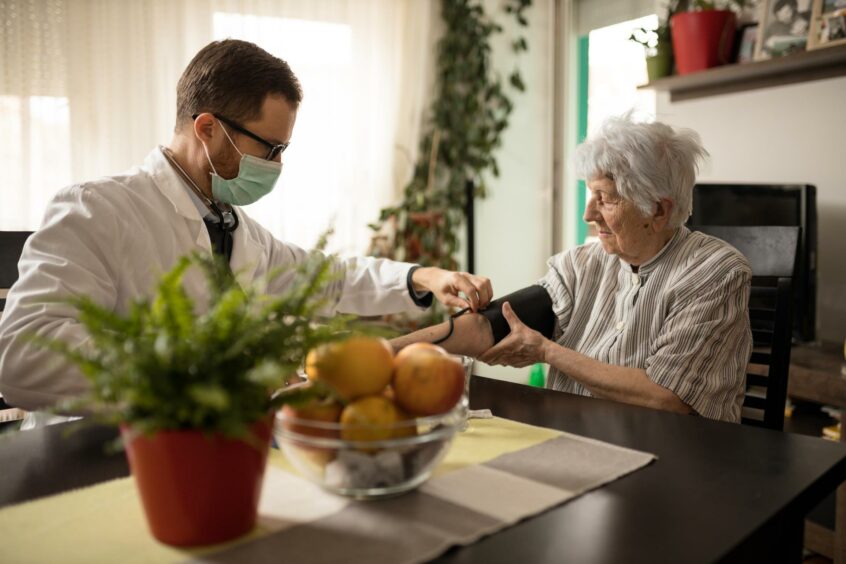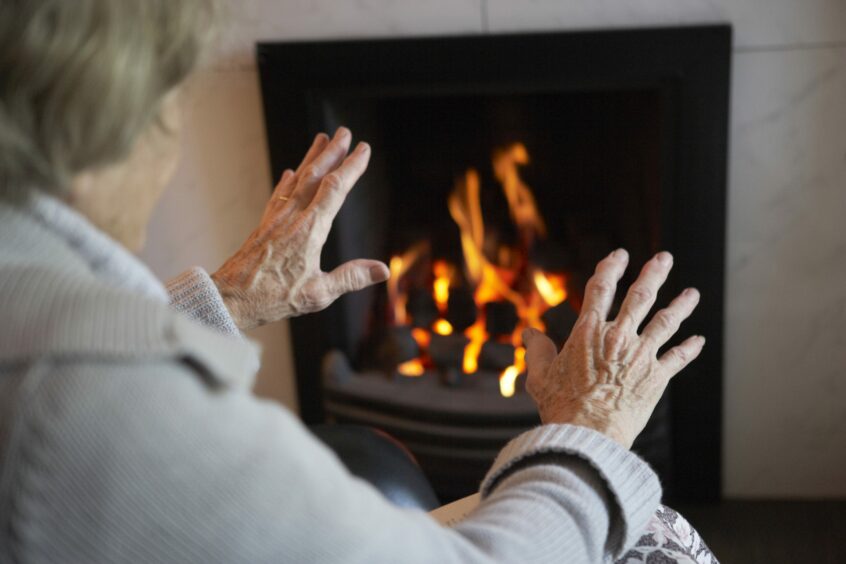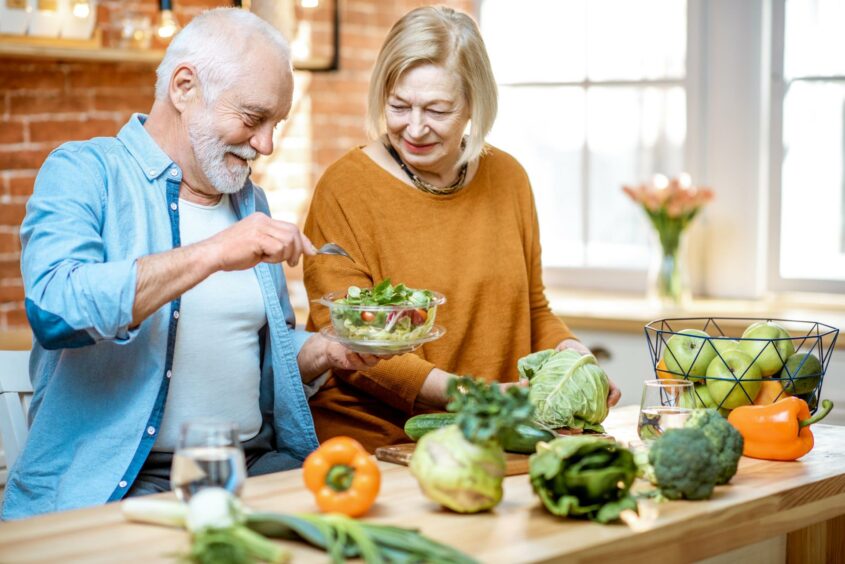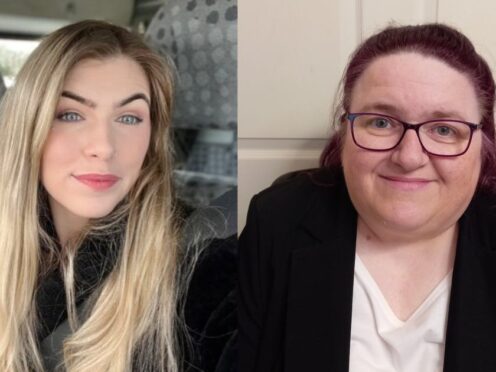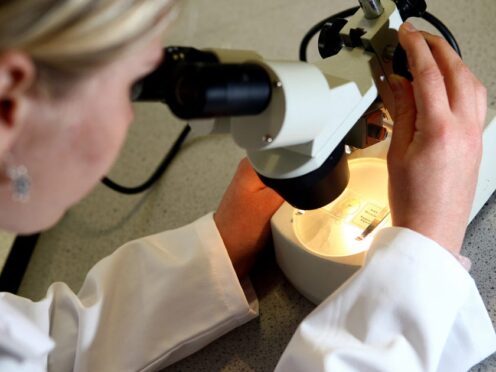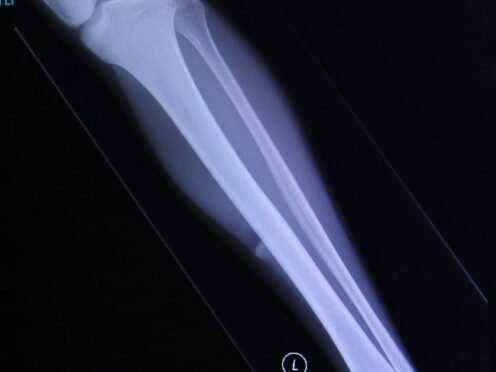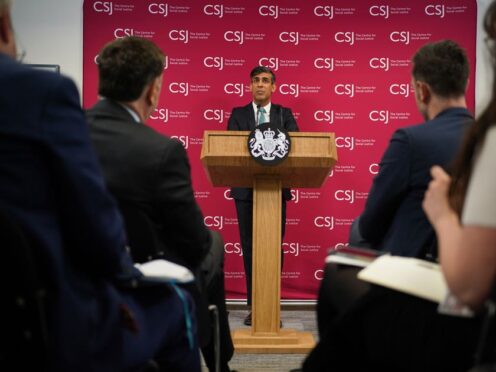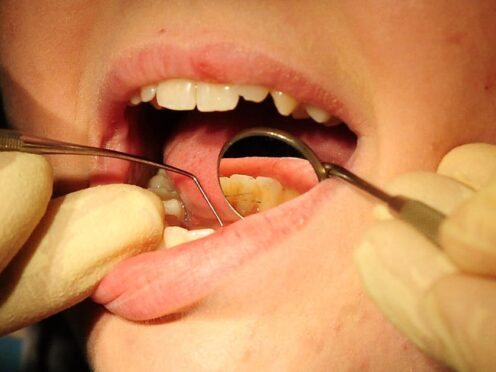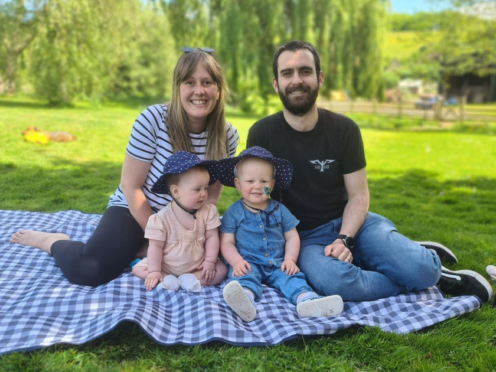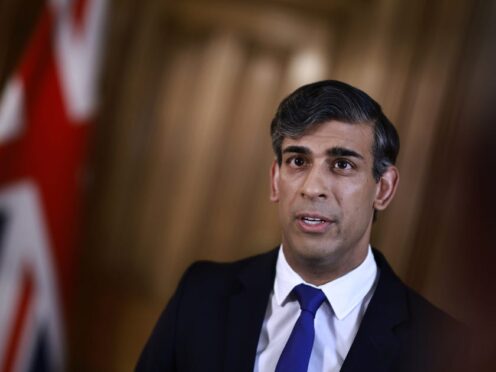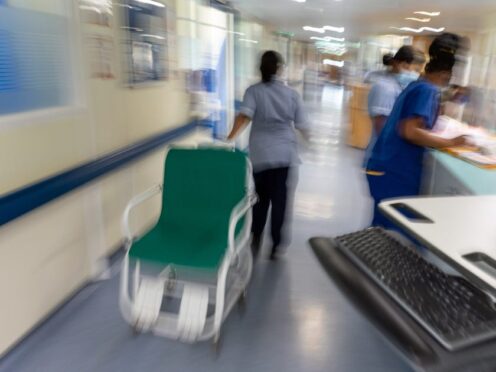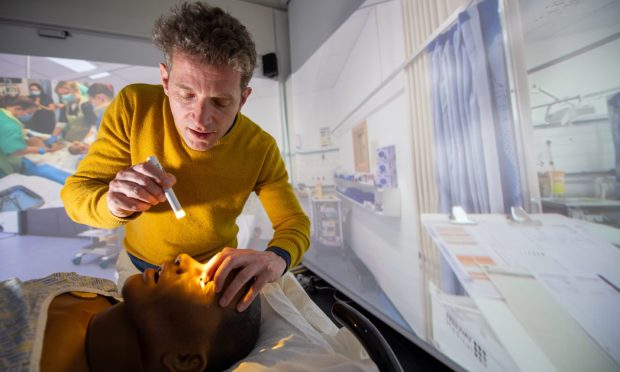Soaring energy bills, rising food prices, and skyrocketing inflation have quickly become a recurring table-talk across UK households.
With the cost of living crisis bearing down, more people are being forced to make tough choices between essential human needs such as heating and eating.
On World Health Day, we need to address the impact this will have on those with underlying health conditions as we are heading towards an avoidable health crisis that will further strain our care system.
People living with chronic health conditions are the biggest group of food bank users in the UK today. Trussell Trust research shows that 75% of foodbank users have someone in their household affected by one or more health conditions.
‘It’s troubling we’re so reliant on food charities to help people in poverty’
Nowadays it’s hard to imagine a time when foodbanks didn’t exist, or when we didn’t think that food charities should play a part in ‘solving’ food poverty.
As a health researcher, I find it troubling that as a society we’ve become so dependent on food charities to help people whose wages or social assistance income are insufficient to live on.
As a nurse, I am also mystified that we’ve apparently accepted the idea that people with multiple health problems should be expected to survive with help from food charities. Thinking about future health care demands, this should concern us all.
The role of foodbanks and the charitable food aid sector have grown at a pace in the last decade, especially since the onset of the Covid-19 pandemic.
But despite their well-meaning effort, this is an inadequate system to support people struggling to afford food.
People use foodbanks as a last resort
According to Food Standards Agency research, only one in seven people affected by food poverty uses a food bank.
Research shows that people approach banks for help as a last resort, often stretching food budgets by purchasing the cheapest alternative and cutting back the amount they eat.
In my own research, it’s not been uncommon to talk to people who’ve survived on tea and biscuits for days until they could afford the next food shop or get a food parcel. This is especially concerning news for those who need access to the best nutrition possible to cope with their health conditions.
People with health problems are more likely to struggle to manage those if living in food poverty.
Research also shows those individuals don’t always find the food provided by food charities suitable for their health condition and don’t necessarily see this resource as helpful.
Living with food insecurity is also closely associated with mental health problems and, worryingly, research has also shown that having to use a foodbank can cause additional mental distress.
To be clear, foodbank staff and volunteers continue to do important work. Many food banks offer a range of services, including links to other forms of help, and have been a lifeline for people in crisis.
Furthermore, foodbanks across the UK have been at the forefront of drawing attention to the causes of food poverty and have been lobbying for changes to government policy to increase the amount and value of household incomes across the UK for some years.
‘Food poverty is preventable’
The fact remains that people with health problems are far more likely to be living in food poverty and require more health care as a result. This is preventable.
During the pandemic, people in households claiming Universal Credit received a temporary uplift of £20 a week. Recent research using UK Government data found that 37% fewer households reported being in food poverty during this time as a direct result of this small increase.
This is a clear demonstration that Government policy can protect people from food poverty, and it is troubling that this uplift was withdrawn last September.
If people are exhorted to eat healthily for the good of their health, helping reduce health care costs and addressing climate change, then a healthy and nutritious diet must be affordable.
Improving people’s health will help reduce pressure on care system
Food poverty is not an issue for food charities to solve. There are more effective approaches, such as policies that increase household income, including uprating social assistance, paying a living wage, and employing more compassionate debt management support.
So, when you next donate time, money, and food to food charities, please also call on our elected representatives to provide policies and legislation that ensures people have sufficient income.
This is the best approach to eliminate food poverty and insecurity, allowing more people to enjoy better health and which will help alleviate the unnecessary stress on our health care system – which is good for us all.
Flora Douglas is a Professor in Public Health who is based in the School of Nursing and Midwifery at Robert Gordon University.
